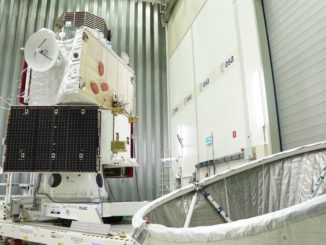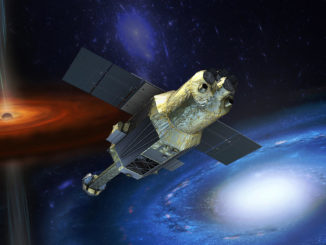
Articles by Stephen Clark

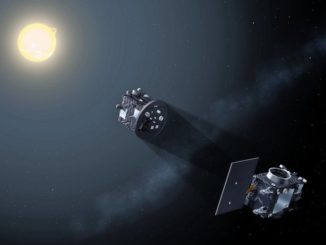
Pioneering ESA mission aims to create artificial solar eclipses
As skywatchers and scientists converge on a transcontinental band of totality for Monday’s solar eclipse in the United States, engineers in Europe are building a unique pair of satellites to create artificial eclipses lasting for hours — a feat that that could be a boon for solar physicists but will escape the view of Earth-bound spectators.

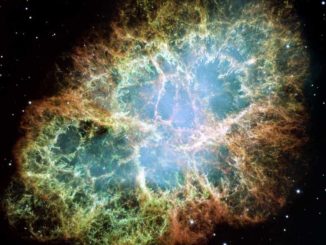
Station-bound instrument to open new chapter in the story of cosmic rays
Physicists are gearing up to send a re-engineered science instrument originally designed for lofty balloon flights high in Earth’s atmosphere to the International Space Station next week to broaden their knowledge of cosmic rays, subatomic particles traveling on intergalactic routes that could hold the key to unlocking mysteries about supernovas, black holes, pulsars and dark matter.

New Horizons’ next target might be a binary pair
Ground observations of the New Horizons spacecraft’s next target last month revealed the distant object, lurking in the outer Solar System more than four billion miles from Earth, might have an unconventional elongated shape, or even consist of two icy bodies orbiting one another in an age-old cosmic dance.

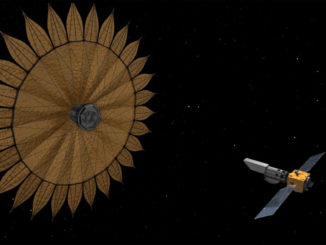
Study teams comb through NASA’s wish list for new telescope
Scientists outlining four concepts for a powerful new space telescope that could launch in the 2030s this week said improvements in optics, detectors and access to huge new rockets like NASA’s Space Launch System could revolutionize the way astronomers observe potentially habitable planets, black holes, and the earliest galaxies in the Universe.

Pioneering probe for gravitational wave observatory ends mission
The European Space Agency’s LISA Pathfinder spacecraft, now sailing around the sun on a trajectory away from Earth, was deactivated Tuesday after a nearly 18-month mission testing previously-untried lasers, vacuum enclosures, exotic gold-platinum cubes and micro-thrusters needed for a trio of gravitational wave observatories set for launch in the 2030s.
